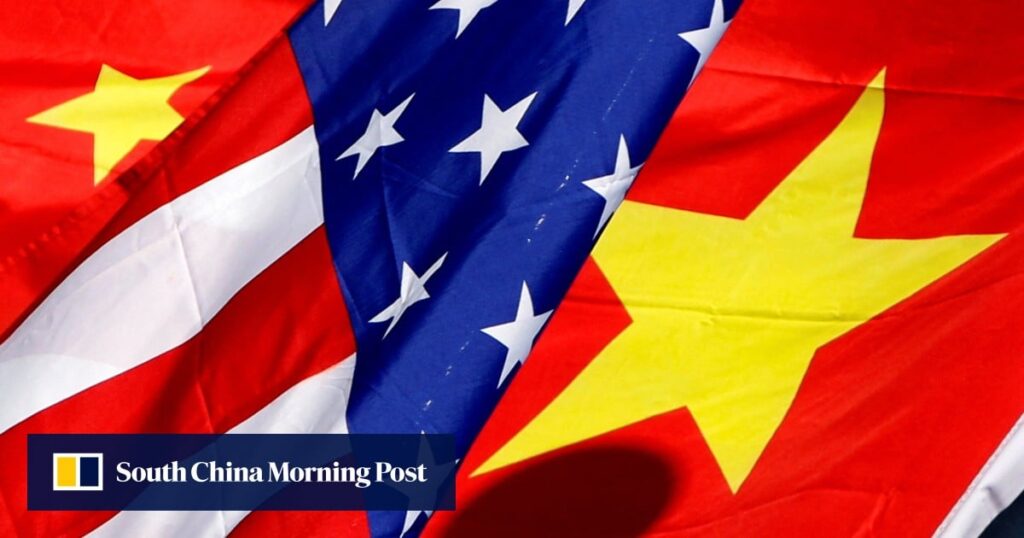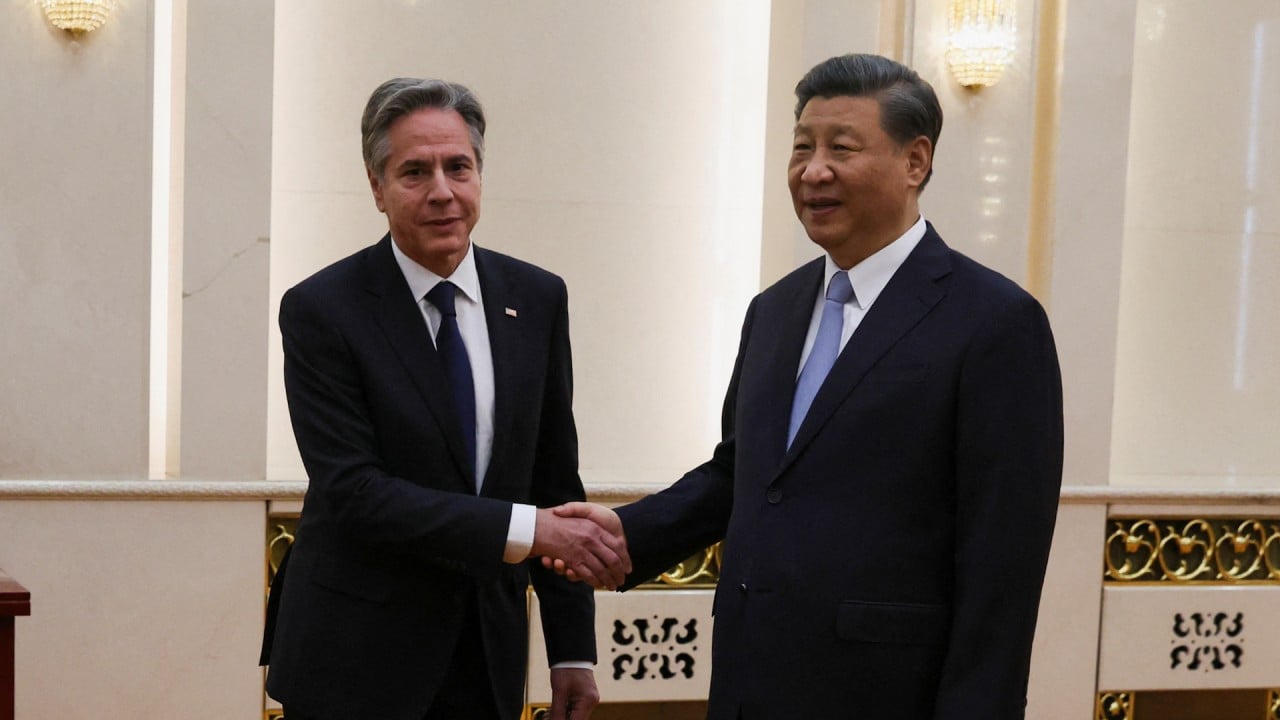This widely used sports term refers to the period late in a game when one team has a commanding lead, the outcome is not in doubt, and players tend to become passive.
“The problem is that 'garbage time' will only lead to worse outcomes,” he warned.
An struck a cautious tone as both Beijing and Washington signaled their commitment to stabilizing bilateral ties by continuing high-level consultations, working groups and negotiations on the economy, finance, trade, climate, narcotics control and military.
But observers said few tangible results have emerged from these exchanges.
Meanwhile, Washington has further angered Beijing by imposing new tariffs on Chinese imports, approving additional arms sales to Taipei, vocally accusing China of supporting Russia's defense industrial base and reportedly lobbying Japan and the Netherlands to further tighten semiconductor restrictions on the world's second-largest economy.
“The worst-case scenario is that Trump returns to office and the stabilization consensus and remaining dialogue mechanisms between the U.S. and China are reset to zero,” he added.
When Trump returns to the White House, [the US] “The United States should take its economy away from China,” former national security adviser Robert O'Brien said in an article published on the Foreign Affairs website on Tuesday.
An, who previously worked in the Chinese Foreign Ministry, argued that the “real danger” in US-China relations was the growing perception of each side as an enemy.
He warned that “garbage time” would only intensify hostility if the two countries did not address pressing issues between them.
China and the United States “are clearly each other's main competitors. There is only one wall between competitors and enemies, and that wall is made of paper,” he said.
With less than five months to go until the US presidential election, An called on China to take more concrete actions to strengthen various channels of exchanges and cooperation with the US at the national, local and private levels.
He called for further efforts in the areas of trade and finance to realize bilateral agreements, as well as the timely establishment of a military hotline and emergency management network commensurate with the dynamics of U.S.-China competition.
It also encouraged greater incentives to restore person-to-person interactions as quickly as possible and get them closer to pre-COVID levels.
At the same time, An urged Beijing to accelerate domestic reforms and technological innovation to further strengthen China's resilience against external risks.


